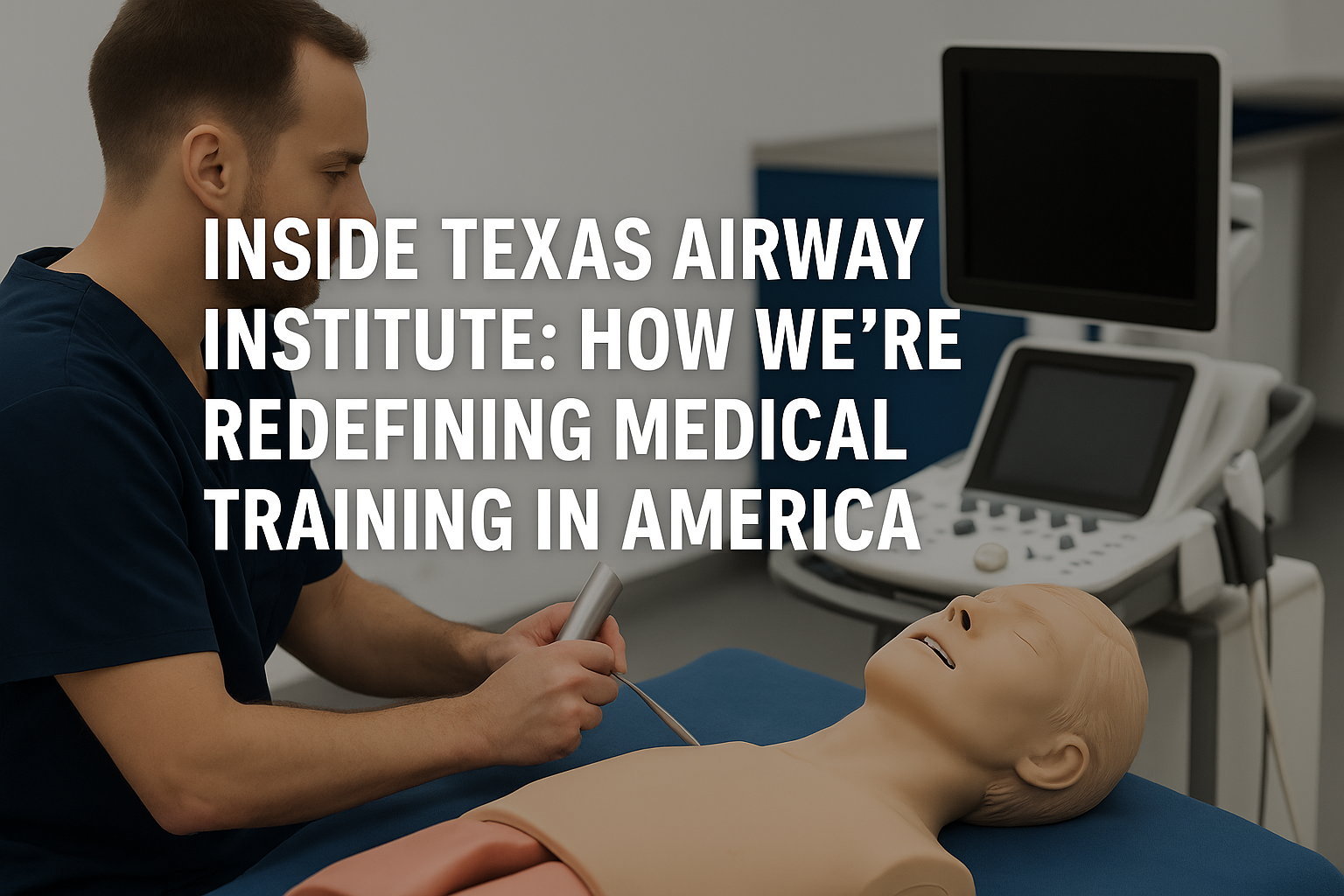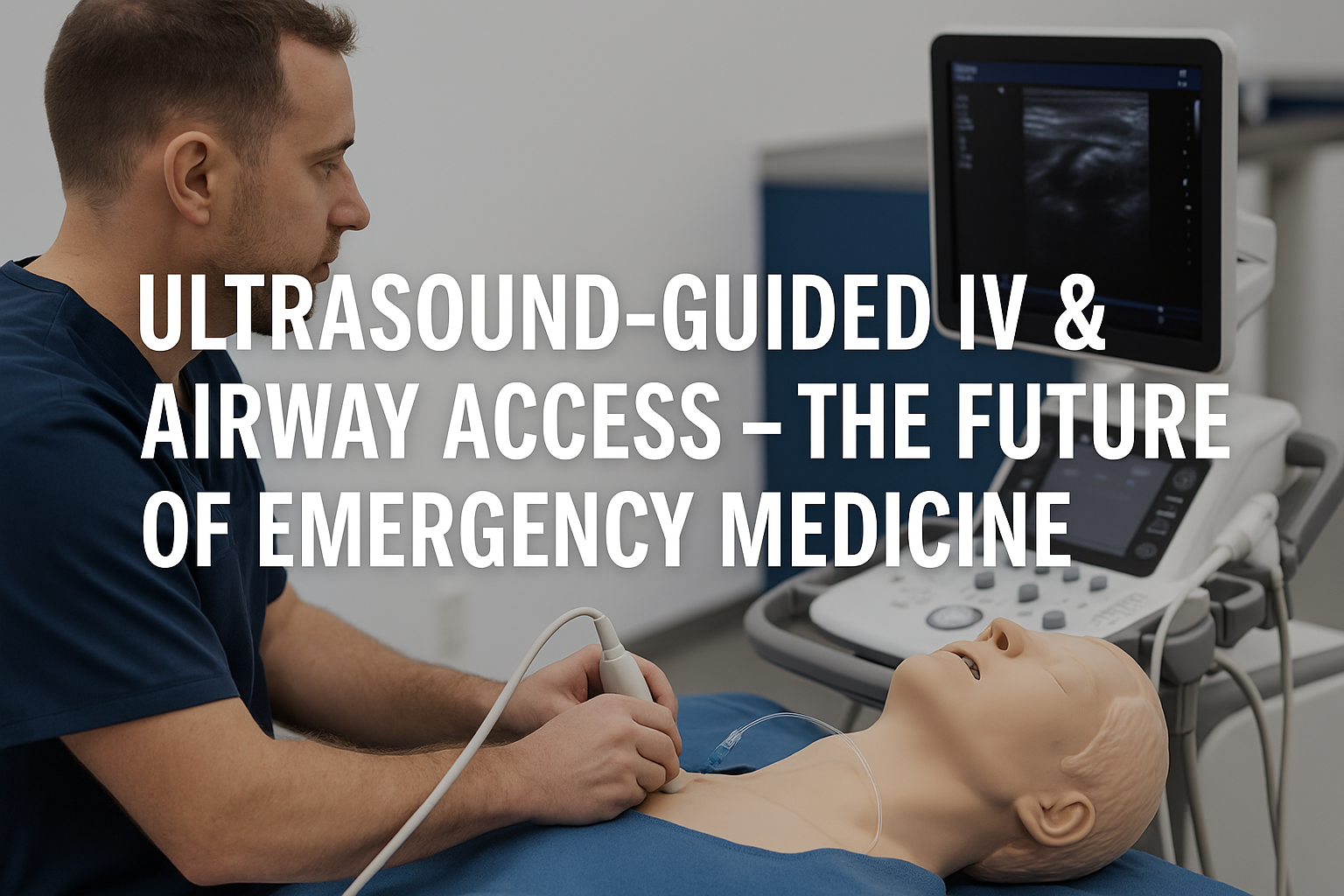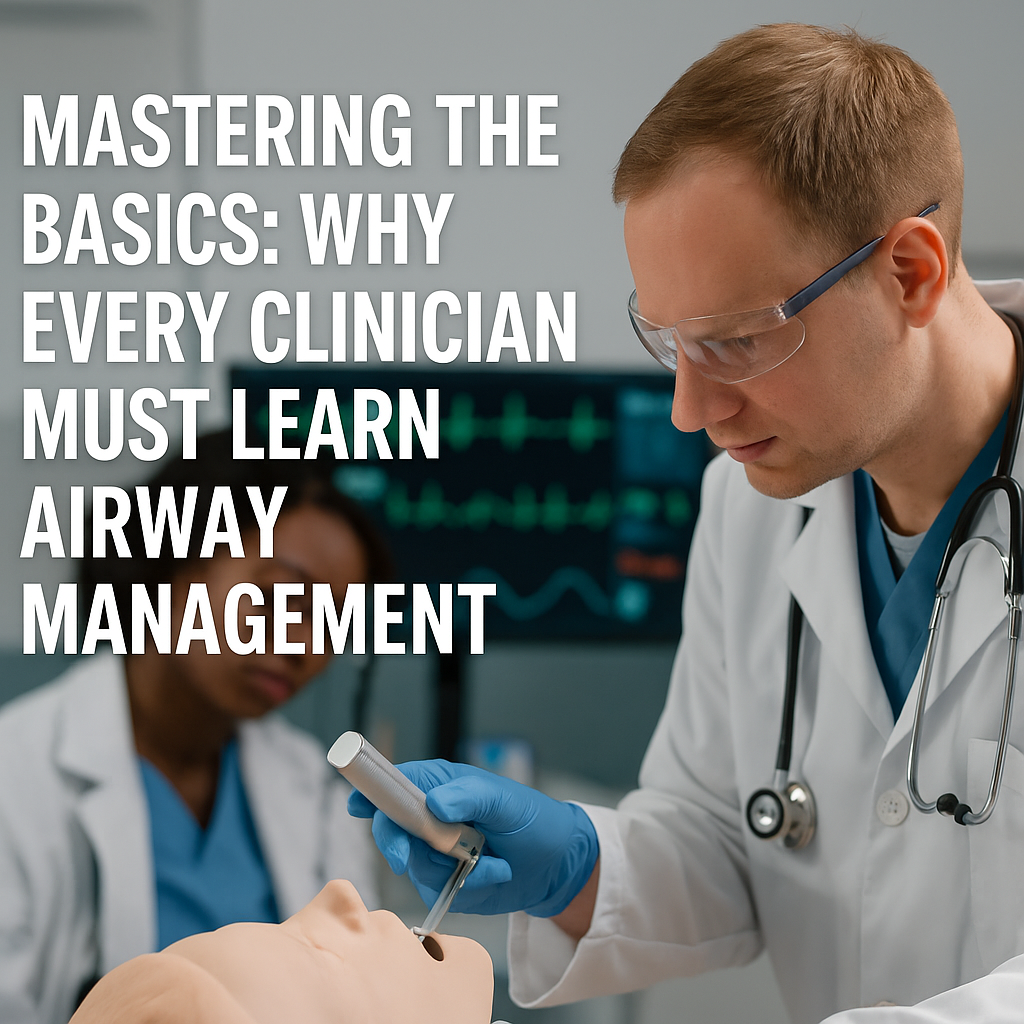Texasairwayinstitute
Airway Matters
Services
Our Services
If you are ever going to place your hands on a patient as a health care provider you will eventually be faced with a situation needing you to manage an airway; mostly involuntarily. The need to have a basic understanding of the airway is and should be part of every healthcare provider’s skill set. But airway skills come in handy for anyone. At Texas Airway Institute we start from the basics and give not only healthcare practitioners but even novices the opportunity to develop the necessary skills in airway management and advance these.
This course offers the opportunity for anesthesiologists, residents, CRNAs, NPs, Medical Students, intensivists ,paramedics, surgeons, members of the Cardiac Arrest Team to improve their knowledge in this area.
What You Will Achieve
- Feel more comfortable in the management of basic and advanced airway
- Understand how to evaluate and easily identify a difficult Airway
- Know the difficult airway algorithm
- Anticipate and manage airway issues during induction and emergence of anesthesia as well as anywhere the need arises
- Know airway anatomy and what to look for during airway management
- Drugs needed for airway management and the choices.
- Non invasive airway management
- Surgical Airway
- Intubation Tips
- Use of vortex approach for unanticipated difficult Airway
- Communication tips during difficult situations
Airway Course Emergency: For Emergency Care providers.
We offer a systematic approach to airway evaluation and management focusing on the challenges of being on the frontline with time sensitive events
We offer:
- Mastery of basics including tools for maintaining ventilation and upper airway anatomy
- Difficult Airway Algorithm
- The physiologically difficult Airway
- The Anatomically difficult Airway
- Forced to Act scenarios
- SALAD
- Cricothyrotomy and Needle thoracostomy
- The crash Airway
- RSI and choice of drugs
- The failed Airway
- EGA and SGA
- DL, VL and tips for use under stress
- The Trauma Airway
- The pediatric airway
- Airway in the obese patient
- Awake and FO intubation
- Foreign body in Airway
- Non invasive ventilation options
- Decision making and strategy
- Code Stations and many more
Airway course The Basics:
- For anyone who just wants to have the skills in management of basic airway like the nurse, the teacher, the bus driver, the day care personnel.
- One on one, fun skills course at your pace by experienced providers
- Well tailored modules for use at your pace.
- Additional skills to your BLS and Code Heart courses
- New and easy to use mannequins
- Courses provided year round for groups or individuals.
What we offer:
- How to start an IV.
- Upper Airway Anatomy.
- Principles of mask ventilation.
- Manual maneuvers for keeping the airway open and how to achieve the sniffing position.
- Airway adjuncts.
- Monitors during Airway management.
- The capnography use and interpretation .
- Signs and symptoms of a compromised Airway and management.
- And many more based on individual needs.
Airway Course Anesthesiology and Critical Care.
Above all get the peace of mind you need to manage any airway anytime, anywhere. We will focus on your specific areas of need and interest.
What we offer:
- Fundamentals of Airway management include mask ventilation, sniffing position, and airway adjuncts.
- Quick but effective evaluation of the airway
- Use and Interpretation of standard ASA monitors during airway management and how reliable they are
- Upper airway anatomy
- Supraglottic and Extraglottic devices
- DL and VL and tips for successful intubation.
- Management of the anticipated and unanticipated Difficult Airway
- Review of the latest ASA guidelines,
- Difficult Airway Algorithms made easy
- The difficult extubation
- Dealing with the obese patient
- The airway in pregnancy
- Management of Airway complications like laryngospasm and vomit in Airway
- Airway obstruction, evaluation, and management
- The physiologically difficult Airway and implications
- Fiber optic intubation
- Airway management in Trauma
- Code Airway scenarios
- The surgical Airway: Cricothyrotomy
- The Vortex approach to airway evaluation and management
- Crisis leadership and communication
- And much more.
Basic Airway Skills Course
This course will start from the basics of airway and guide you through identifying a patient who’s airway is compromised to identifying the signs and symptoms of a compromised Airway and what is needed when you face a deteriorating airway as well the adjuncts available for use and how to use them

Advanced Airway management skills course
Airway Course Anesthesiology and Critical Care. Above all get the peace of mind you need to manage any airway anytime, anywhere. We will focus on your specific areas of need and interest.

Learning how to start an IV including ultrasound techniques
This course will start from the basics of airway and guide you through identifying a patient who’s airway is compromised to identifying the signs and symptoms of a compromised Airway and what is needed when you face a deteriorating airway as well the adjuncts available for use and how to use them

Learning how to intubate: tips and techniques
This course will start from the basics of airway and guide you through identifying a patient who’s airway is compromised to identifying the signs and symptoms of a compromised Airway and what is needed when you face a deteriorating airway as well the adjuncts available for use and how to use them

Ultrasound Knobology & use for vascular access.
The knowledge of ultrasound is inevitable whether as POCUS or for use to get vascular access which can be frustrating times, this skill is important to clinicians. Learn this important skill on a one-on-one basis at your own scheduled time.

Ultrasound-Guided Regional Anesthesia
More and more surgeries are being performed on an outpatient basis. The need to reduce the use of opioids has seen a rise in the need for regional blocks for pain control. It is a good supplement for pain control and most patients welcome this method of pain management.
As a group or individual, we will dedicate the time to teach you this valuable skill set at your pace and time.

Point of Care Ultrasound ( POCUS )




